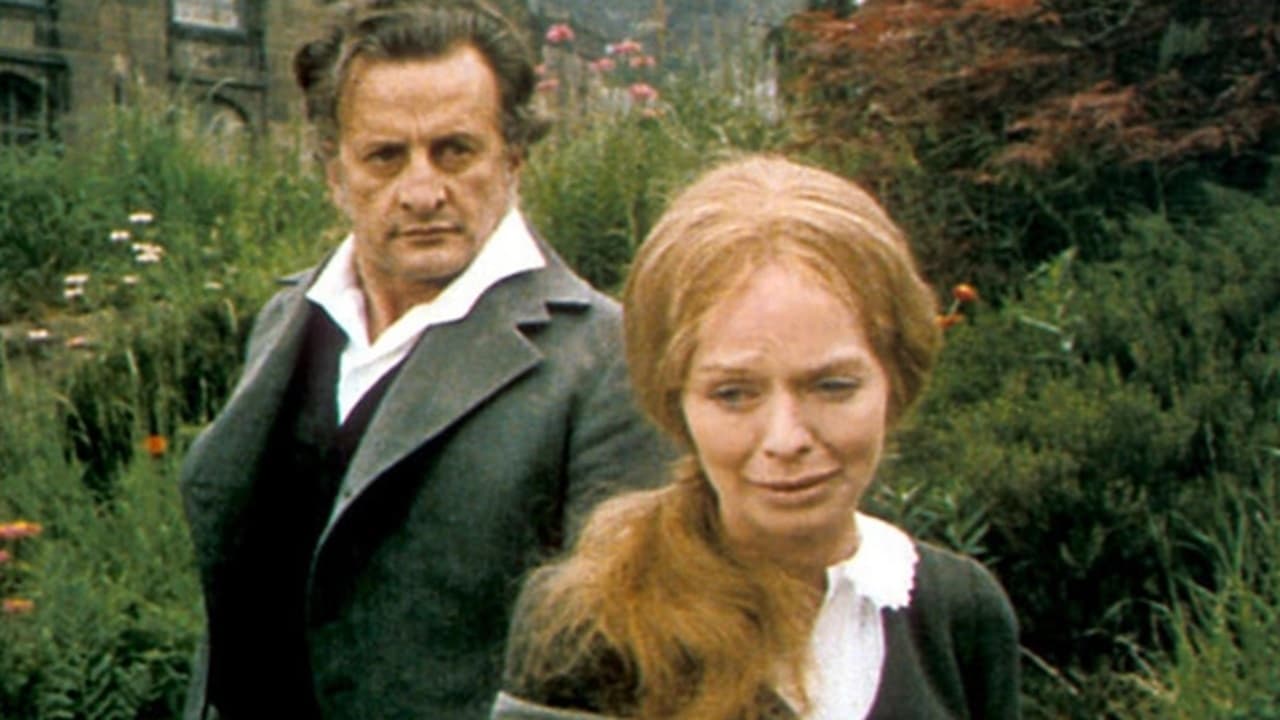Escaping the manacles of warped religiosity & society in a fallen pre-Victorian world
RELEASED IN 1970-1971 and directed by Delbert Mann, "Jane Eyre" adapts Charlotte Brontë’s 1847 novel about the eponymous character (Susannah York) who becomes a governess of a French girl at a huge estate in northern England circa 1800 after an upbringing at a harsh religious orphanage. She slowly gets to know the surly, world-wise master of the estate, Edward Rochester (George C. Scott), and his curious situation. Eventually she meets a devout clergyman, St. John Rivers (Ian Bannen), and his two sisters. Can Jane escape the shackles of a pre-Victorian world ruled by men and legalism to find love?
While this version of the oft-filmed book was released to TV, it has the vibe of a theatrical release with great northern England locations, a superb score by John Williams and quality actors. The book was criticized as “anti-Christian” when it was published, but it’s actually anti-legalism. Mr. Brocklehurst (Jack Hawkins) represents a poisonous form of dead religiosity at the orphanage while the seemingly unbalanced St. John Rivers represents a much more subtle and less extreme form.
The story’s about Jane navigating the pitfalls of society and religion in a fallen world and, maybe, hopefully, finding freedom and genuine love. The locations/tone/themes are akin to “Sense and Sensibility” (1995), but with an anti-legalism subtext. Jane Austen’s 1811 novel no doubt influenced Brontë’s book. Both movies are worth checking out, but I slightly prefer “Jane Eyre.” It’s the perfect antidote to CGI-laden “blockbuster” drivel.
THE MOVIE RUNS 1 hour 48 minutes and was shot in North Yorkshire in northern England (Ripley Castle, Ripley; Pateley Bridge; Brimham Rocks; and Grinton). WRITERS: Jack Pulman wrote the screenplay based on Brontë’s novel.
GRADE: B+/A-


